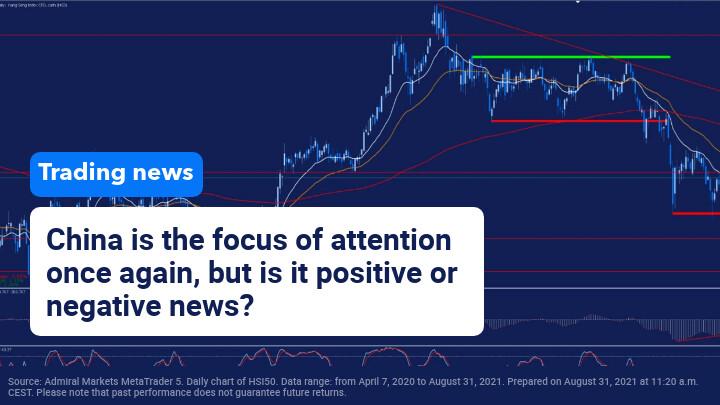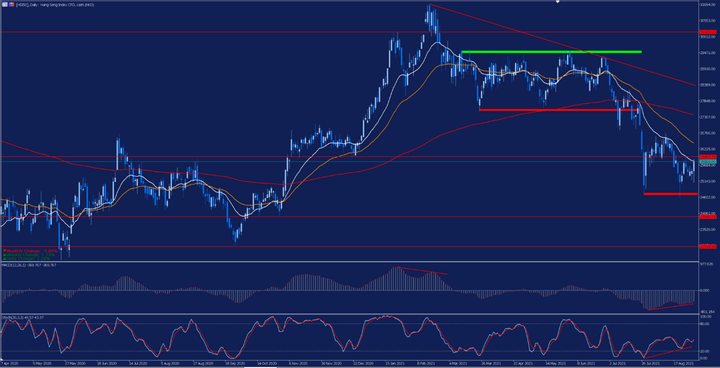China The Market Protagonists: Bad Manufacturing PMI Data And Restrictions On Video Games
During Tuesday's session, China is in the news for two reasons: video games and published macroeconomic data. In relation to video games, the Chinese government has announced that to fight against the addiction that this type of online game involves among the youngest, it has been decided to limit the use of these among those under 18 years of age to a maximum of 3 hours per week between 20:00 and 21:00 hours on the weekend (Fridays, Saturdays, and Sundays) in addition to holidays.

This move may seem very strange and controversial, but if we take into account that China considers that this addiction to video games can be dangerous for the country's economy given that young people prefer to play video games than continue with their studies or access the full-time labor market. In this way, the government presided over by Xi Jinping thus continuing with the measures adopted in 2019 in which it limited the playing time to minors to an hour and a half a day until 10 at night.
This move may be a blow to this type of online platform since China is one of the largest consumers of this type of platform and companies such as Tencent, will be forced to introduce changes in their services to adopt these new restrictions adding, for example, facial recognition systems to prevent minors from playing at night outside the established hours.
On the other hand, China is also in the news after this morning we learned about the manufacturing PMI data for last August which have not only been worse than those corresponding to last month but have also been worse than expected by the market consensus.
Although as we mentioned in our analysis last July in relation to the increase in the trade balance thanks to exports during the first half of the year, during the months of July and August we can observe a slowdown in the Chinese manufacturing industry after both data have been worse than expected.
Specifically, last July the manufacturing PMI was established at 50.4 points compared to the 50.8 expected, while the data corresponding to the month of August has been established at 50.1 points compared to the 50.2 points expected.
This reduction in manufacturing industrial activity can partly be explained by the problems generated by the rapid expansion of the delta variant of the coronavirus and by the floods registered in the Asian country during the last weeks.
If as we mentioned in our previous analysis on the Hang Seng index this was being one of the worst performed indices during the first half of the year, rising only 5.86%, due to the beginning of the strong correction last February, this slowdown in the economy is affecting the Chinese indices even more, since during the months of July and August the Hang Seng index has lost more than 10.20% after breaking down the side channel represented by the green and red bands. Therefore, after these declines, this index loses 4.97% so far this year.
Technically speaking, the price has met the channel's target so it could be forming a double bottom at the annual lows represented by the red lower stripe. On the other hand, if we look at both its stochastic indicator and its MACD indicator, we can observe a positive divergence with the price, so the rebound in the lows could be reinforced although, for this, it is crucial that the price manages to overcome its 18-session moving average that acts as the main resistance level.
On the other hand, the loss of the current support could open the doors to a further correction to the level close to 23,950/24,000 points.

Source: Admiral Markets MetaTrader 5. Daily chart of HSI50. Data range: from April 7, 2020 to August 31, 2021. Prepared on August 31, 2021 at 11:20 a.m. CEST. Please note that past performance does not guarantee future returns.
Evolution in the last 5 years:
- 2020: -3.40%
- 2019: 9.07%
- 2018: -13.61%
- 2017: 35.99%
- 2016: 0.39%
Disclaimer: The given data provides additional information regarding all analysis, estimates, prognosis, forecasts or other similar assessments or information (hereinafter ...
more


